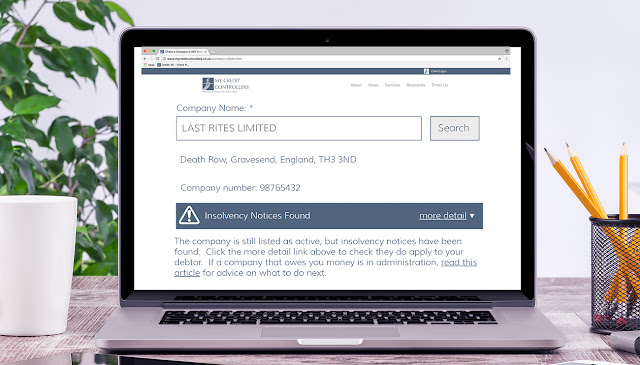In a news release on 5th Jan 2021, retail giant Morrisons announced strong growth through the second half of 2020, consistent with the other supermarkets who have benefitted from people being at home more, not eating or drinking out and so-on. It also gave some interesting data on its prompt payment policy for small suppliers that is of obvious interest to us at MCC.
Both Morrisons and Aldi instituted an immediate payment policy for small suppliers (defined as those that do £1m or less with them each year), and they are to be rightly applauded for this move. It recognises the fact that small companies are more likely to suffer the perturbations caused by Covid-19, and that the big companies need these small suppliers, so are worth supporting. This comes on the back of their announcement that they would repay all the business rates relief gifted by The Chancellor, in line with many other retailers who have benefitted from changes in spending behaviour over the last 10 months. Morrisons come across as a fair organisation that recognises its responsibilities go further than its bottom line and shareholder dividend.
Morrisons disclosure leads us to a likely cost of this. Morrisons attributed £60m of the growth in their net debt to the policy, so we can assume that this is the amount of credit they would normally be taking from these suppliers. It illustrates how the small suppliers are normally providing this level of working capital through their credit terms to a company that presumably has very little in the way of debtors to finance. At a guess, because we aren’t privy to their marginal cost of borrowing, this may cost them £2-3m a year to finance. That’s the value of the credit they are normally given and we’d suggest a low value compared to the cost to the small suppliers who normally furnish this.
The Morrisons release goes on to say that they expect this working capital increase to reverse in Q1, implying that they will be reverting to their pre-covid credit arrangements with their small suppliers. The CSR section in their annual report is extensive and paints a picture of an organisation that takes its broader responsibilities seriously, especially in the communities its serves. Pre-Covid, Morrisons policy was to pay the smallest suppliers, those doing less than £100k per year, in 14 days, which is an excellent way to behave. Those between £100k and £1m were paid in 30-60 days. It would be a huge feather in the cap for Morrisons if they were to cap their credit terms at 30 days for all small suppliers.
So we’ve had a glimpse into the cost and benefit associated with giving credit in business transactions. If you multiply these numbers up by the total number of B2B transactions and factor in that most small suppliers don’t get such good treatment as Morrisons give, you probably end up with a very large number indeed (that’s right, I haven’t bothered to do the sums). Credit is the oil that lubricates business being transacted, but if its abused then the machine runs poorly, or in the worst cases breaks down completely.








